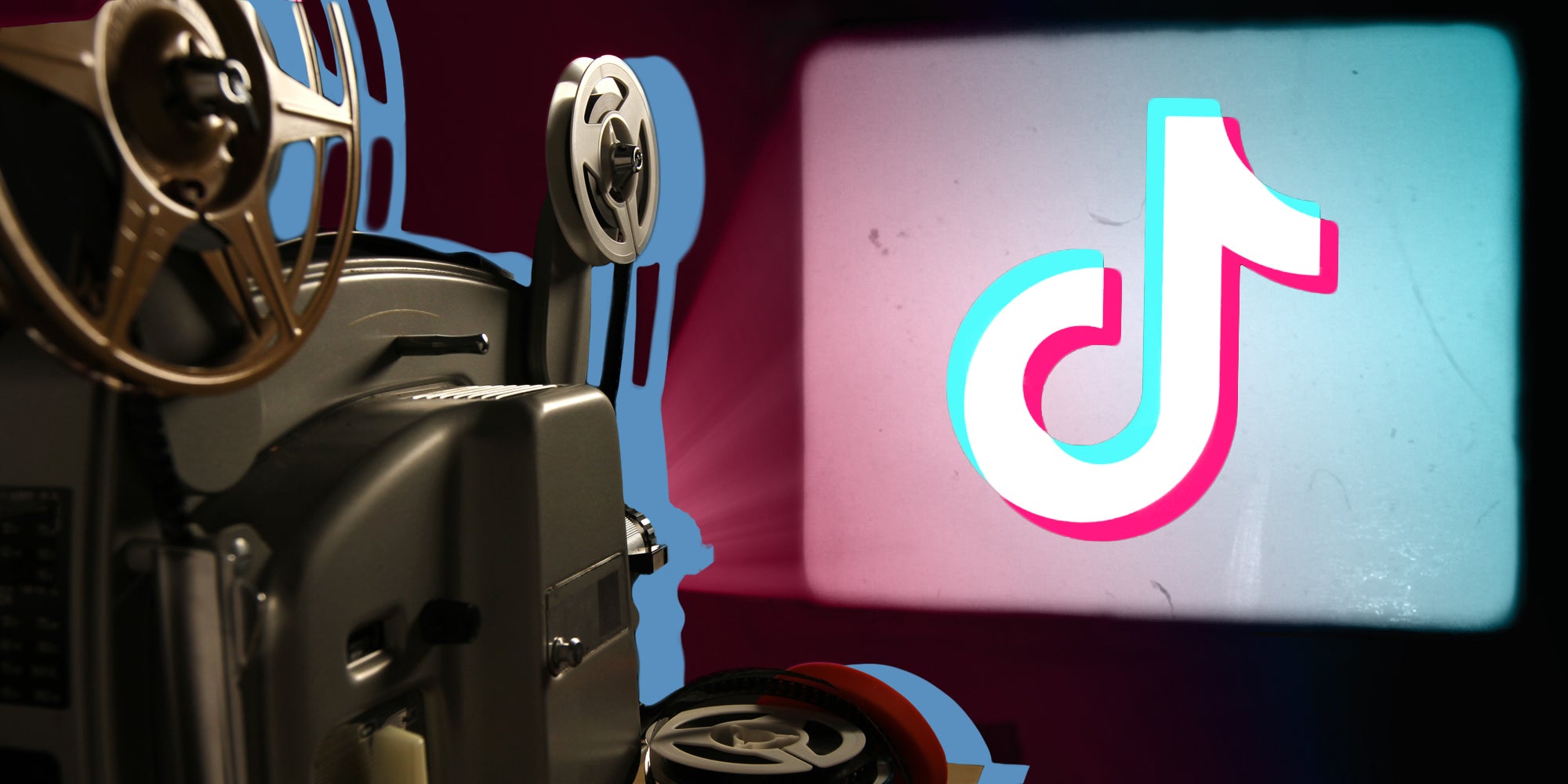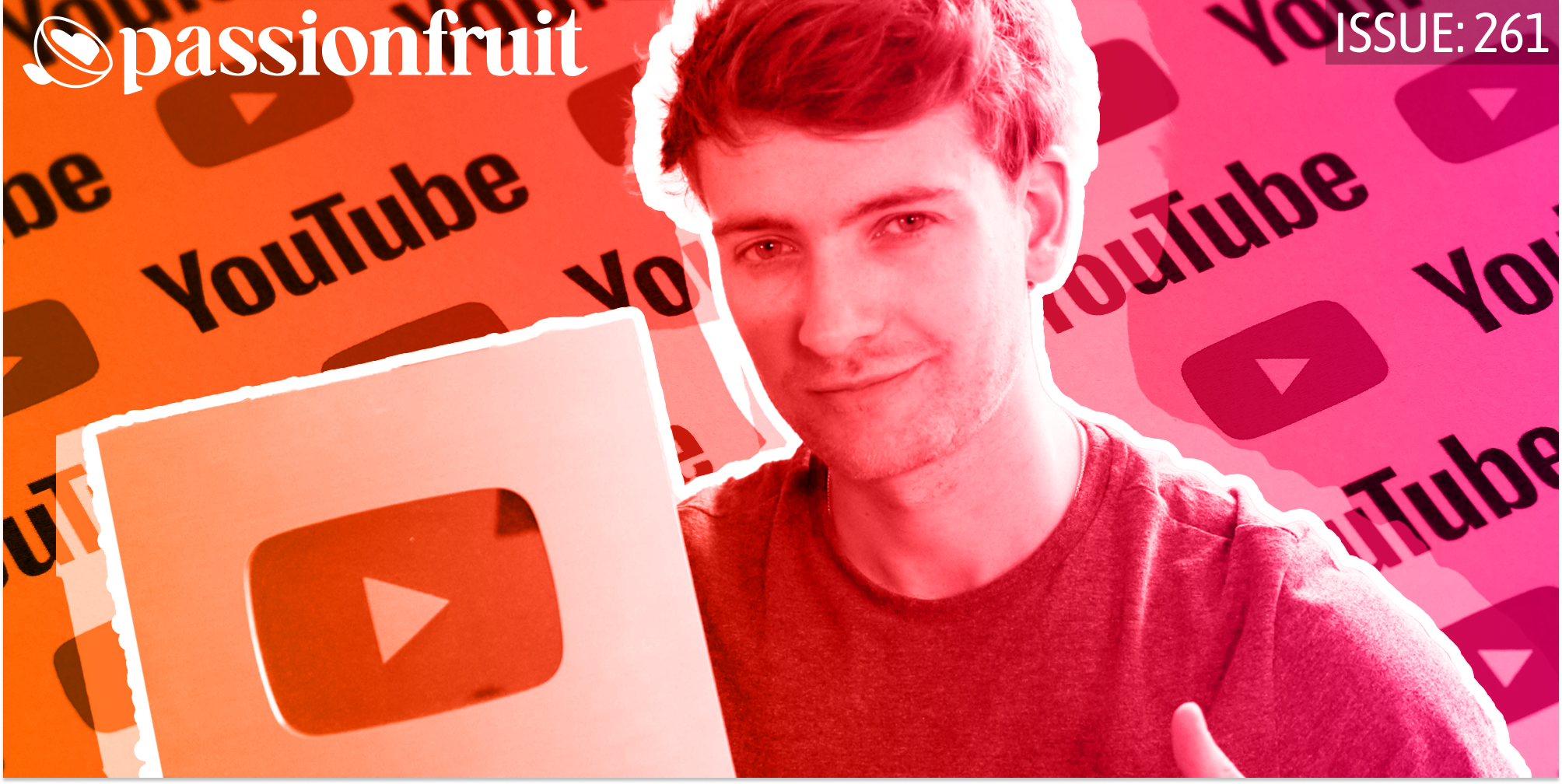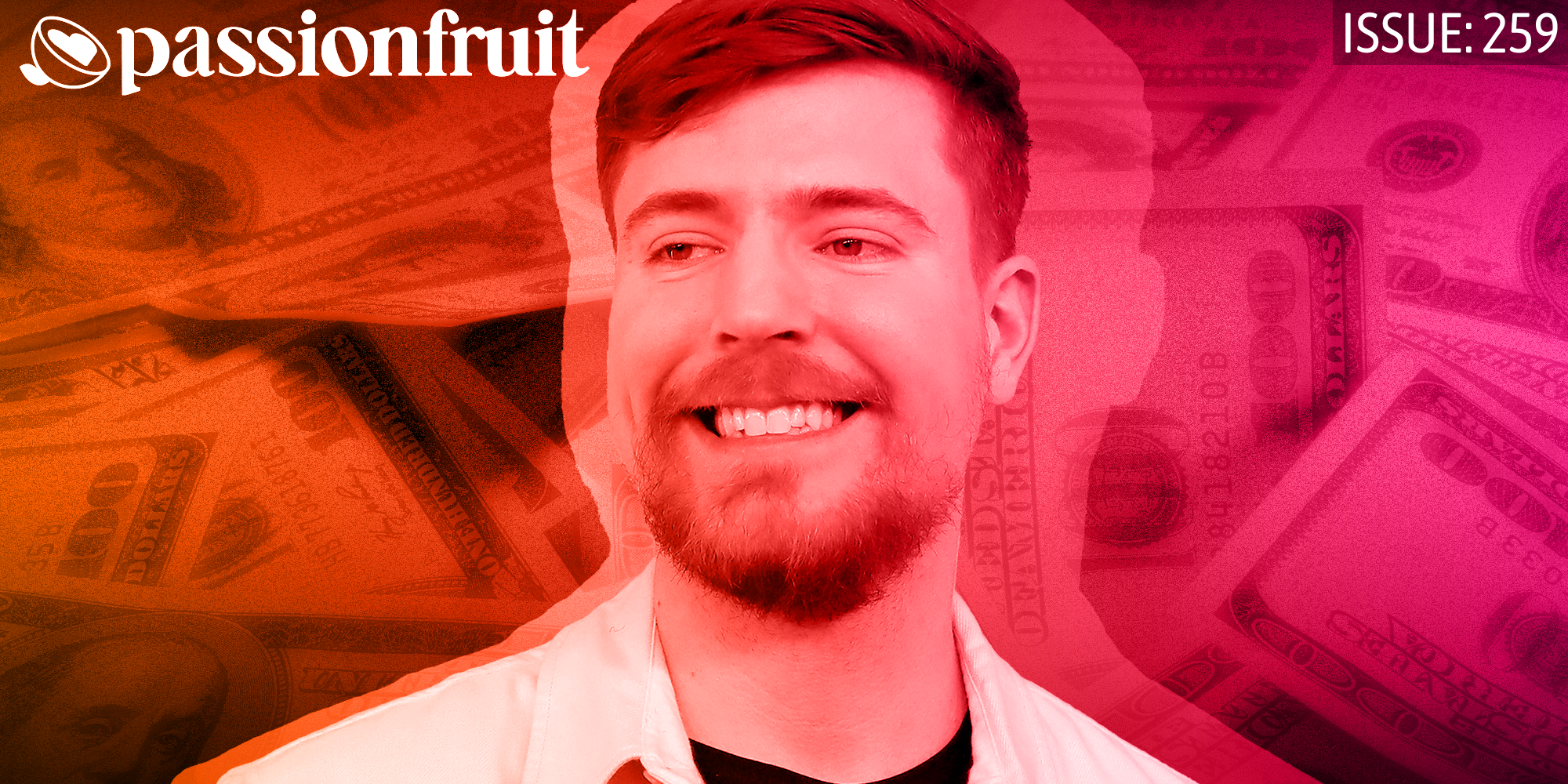CREATOR NEWSLETTER
Issue #160 | August 17, 2023
In an infamous AMC ad, Nicole Kidman wore a glorious sparkly pinstripe jumpsuit and made a good point: When watching movies, all of society comes together—and we are not just entertained, but transformed. Kidman, of course, was paid to say this. While we can appreciate the sincerity of her delivery, we can’t learn much from Kidman about the pros and cons of seeing a movie at an AMC theater. We’re not going to hear her notes on the obscene amount of popcorn on the floor, the screaming kids sitting behind us, the overpriced super-sized beverages.
Now, you might think that I’m a bit pretentious for being so negative about these aspects of the movie-going experience. But some viral discourse this week has all of us movie nerds questioning our definition of film snobbery.
A viral New York Times article has pitted the stereotypical old-school, elitist film critics against the free-wheeling, personality-driven MovieTok creators who despise such negativity. The group of MovieTokers in the Times article, apparently, loathe to see themselves as anything like the critics of days past. As one 31-year-old TikToker said, “They watch movies and are just looking for something to critique,” while “fans watch movies looking for entertainment.”
The article would lead you to believe that the latter group of anti-critical TikTokers, for example, care more about getting invited to scab in cute pink dresses at the Barbie premiere, while the first group of anti-social critics would prefer to wear all black with clenched fists and red faces, trying to find the right buzzwords to critique the film’s sociopolitical undertone.
Both sound like a good time tbh. But both are extreme stereotypes. The Times insinuates most fans aren’t critics, and most critics aren’t fans. But as contributor Lon Harris writes this week, the lines are getting more and more blurred by the day. Some critics might identify as fans. Some movie reviewers might identify as critics. Some movie reactors might identify as all of the above. Some creators refuse to take brand deals to preserve their audience’s trust, others prefer to simply be transparent and disclose when an ad deal might be standing in the way of an honest review.
But all of these movie-goers bring the art form of filmmaking alive. They all make the dazzling images on the silver screen possible. As Nicole Kidman said in her pinstripe suit, “Somehow, heartbreak feels good in a place like this.”
However, the Times article does make a good distinction: An “ad hoc code of ethics” for disclosing brand partnerships cannot replace the ironclad separation between reporter and subject that we’ve come to expect from professional journalists and critics. (Believe it or not, I actually have no hand in securing our newsletter’s sponsorships).
The survival of journalism is in a very precarious situation right now, Harris further noted in his column. It’s important to remember why critics became a thing in the first place, and why we want to keep the art of journalism alive and well.
– Grace Stanley, Newsletter Editor
NOTED BY LON HARRIS
Is MovieTok Replacing Film Criticism? No, No It’s Not
Why direct comparisons between TikTok reviewers and critics like Pauline Kael don’t work.
By Lon Harris, Passionfruit Contributor

SPONSORED

Sculpt your unique sound and stand out from the crowd
Upgrade your content creation game with the Blue Sona microphone. Designed for creators, it delivers stunning broadcast sound and minimizes distractions for crisp and clean streams. Order now and use code LOGIBTS for up to $50 off your purchase.
THE COMMENTS SECTION
“Content creators: It’s important to remember that you will have high view nights and low view nights. Unfortunately, we cannot control who shows up. It’s important to just have fun with your content, because why stress about something you can’t control?”
—Streamer DreaGG reminding creators to have fun with their content.
IN THE BIZ
- X, the app formerly known as Twitter, is working on ID verification, which would require a photo of your ID and taking a selfie.
- Linus Tech Tips, one of the OG tech reviewing channels on YouTube, is pausing production on videos due to allegations of workplace abuse and mismanagement.
- Reddit introduces a new desktop moderator experience, enhancing engagement and management capabilities for community moderators.
- New York City prohibited TikTok on government-owned devices due to security concerns, citing potential threats to city-owned networks.
- YouTube Music introduces ‘Samples’ tab, allowing users to explore short-form music clips.
LONG OVERDUE
Illinois Passed a Game-Changing ‘Kidfluencer’ Law. Here’s What You Need To Know.
A new law passed in Illinois gives young content creators protection from family exploitation.
By Franklin Graves, Passionfruit Contributor
ANOTHER AI DEBATE
A Fan Wanted To Make a Scooby-Doo Cartoon, But Ended Up Sparking an AI Debate
The 23-year-old just wanted to make a fun cartoon but ended up being the center of a debate: Is it ever acceptable to use AI voice actors?
By Steven Asarch, Passionfruit Contributor
YOUTUBE MADE ME DO IT
This video about “CatCon” is hilarious.

Copyright © 2022 Passionfruit, All rights reserved.
You are receiving this email because you signed up to get the latest tips, tricks,
and trends in the creator economy from Passionfruit.
Have an idea for our next big story or want to get featured? Email us at tips@passionfru.it
Don’t want to hear from us anymore?
Click here to unsubscribe
To view in your browser click here





